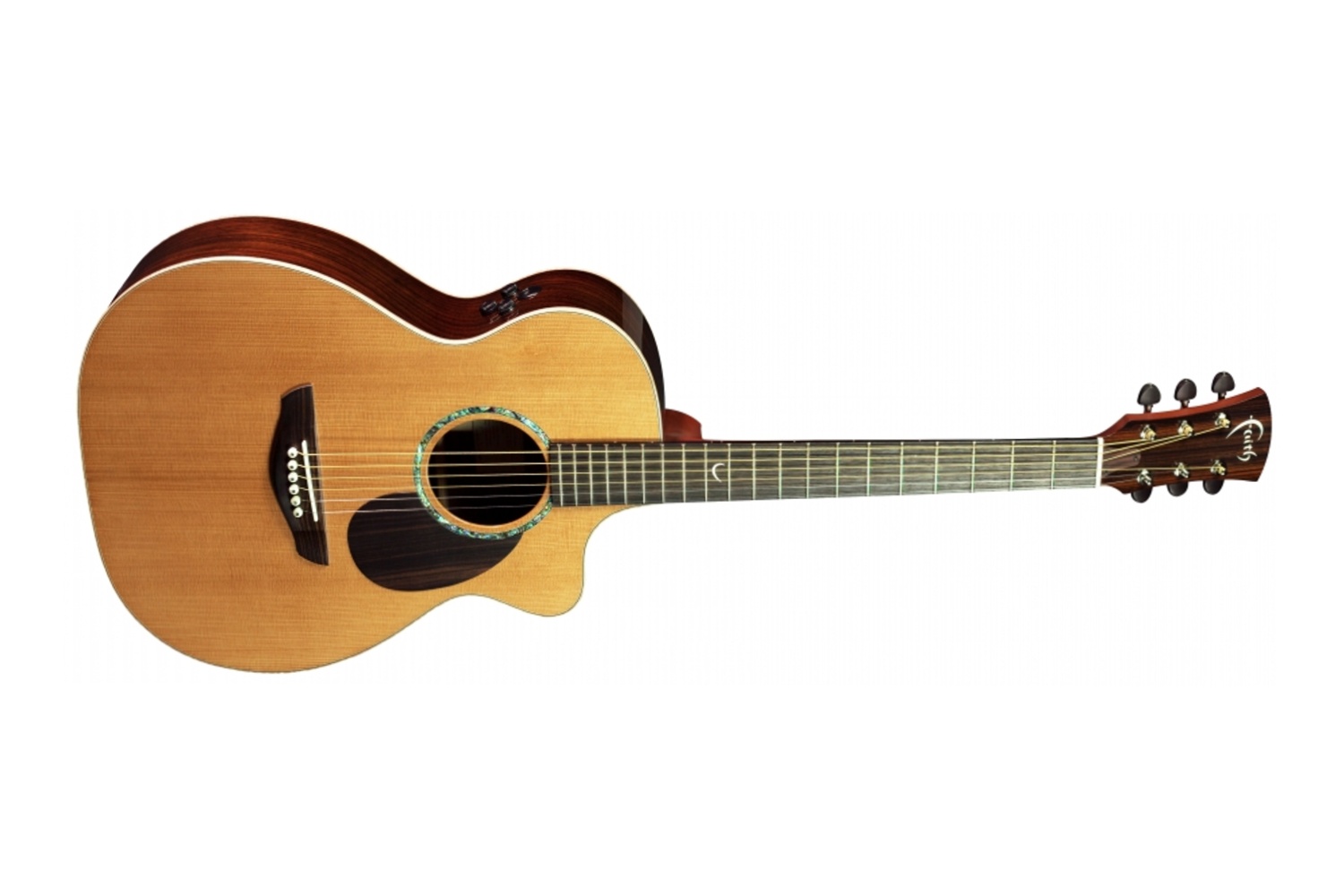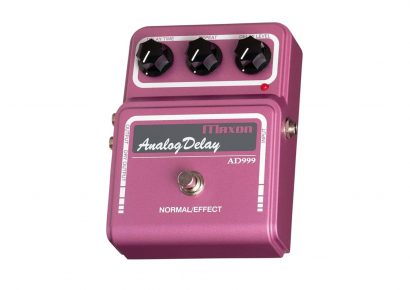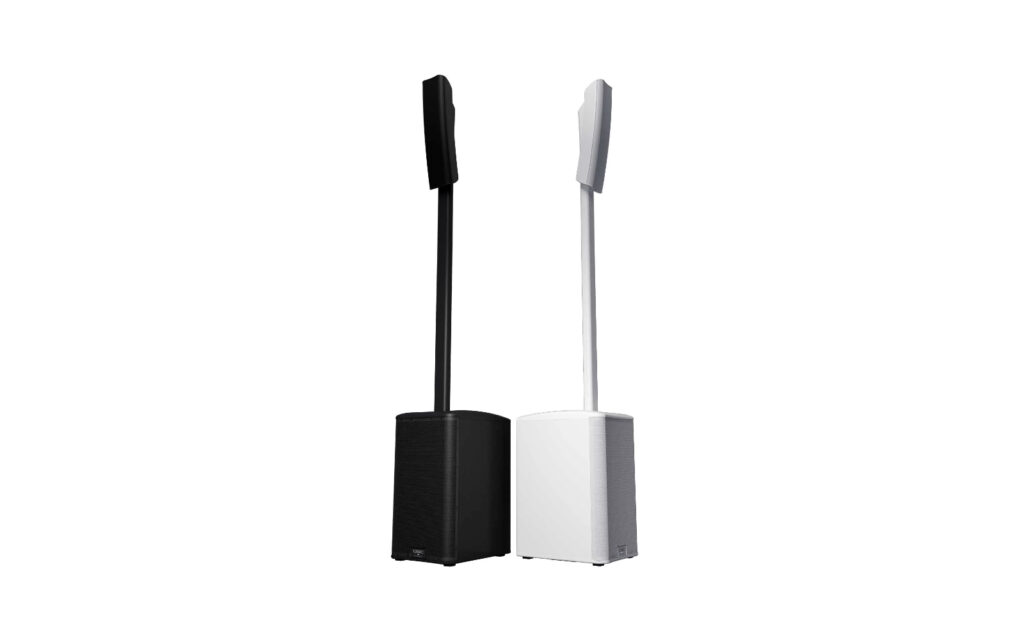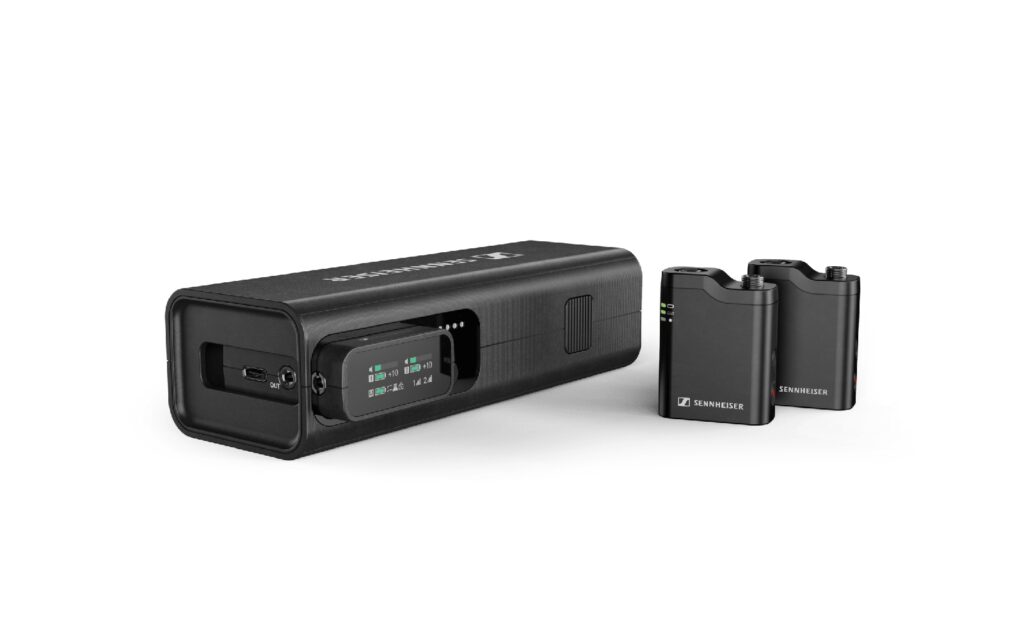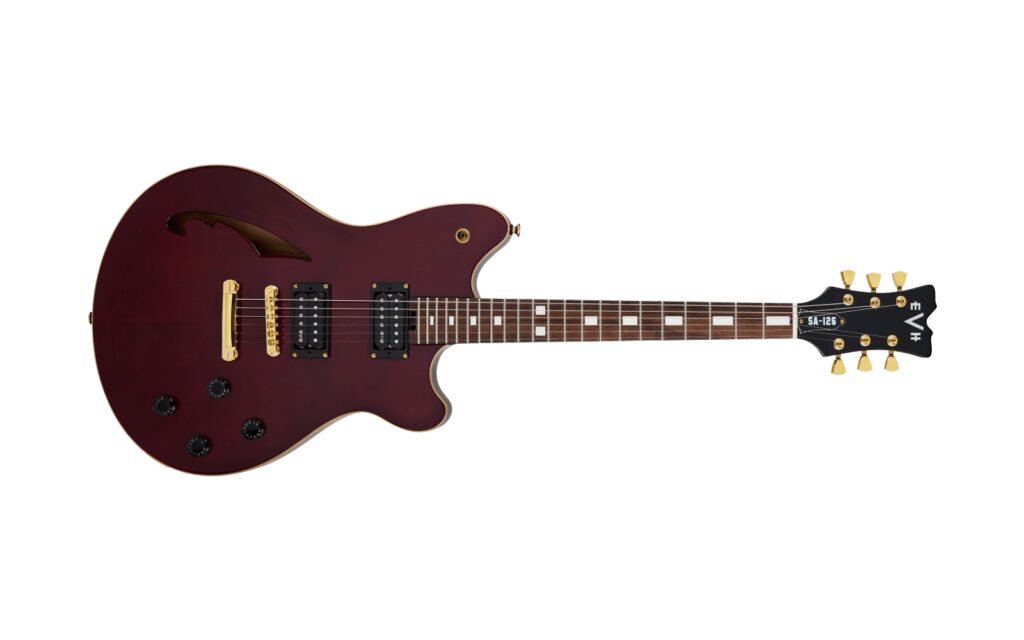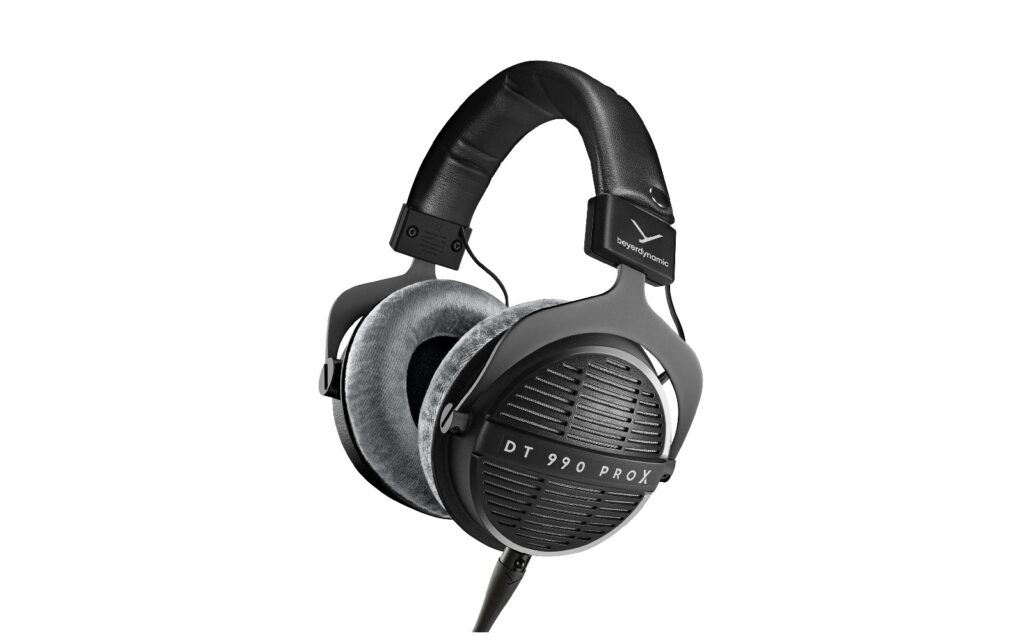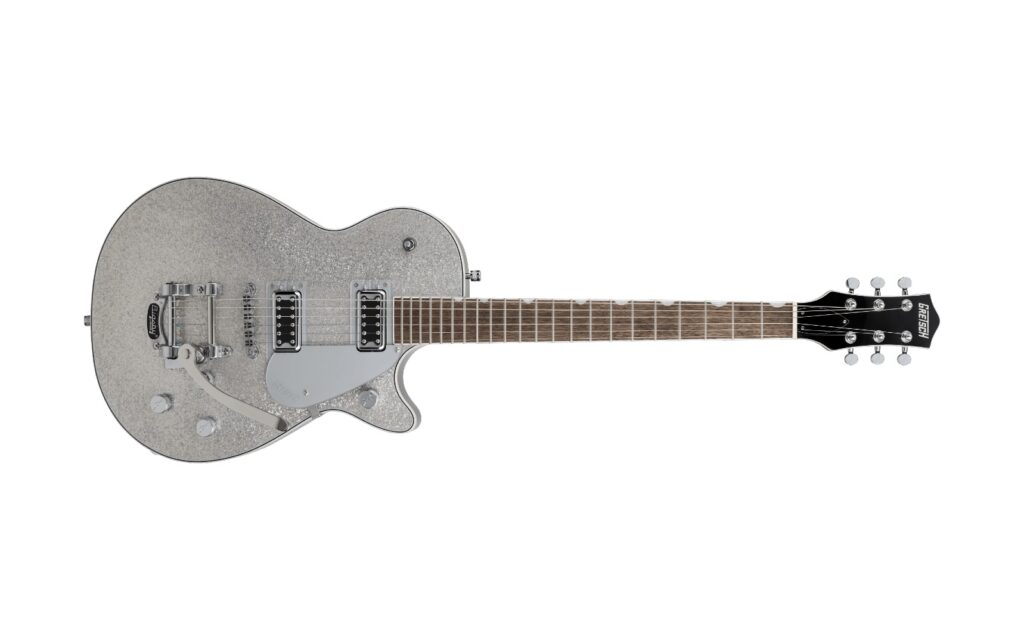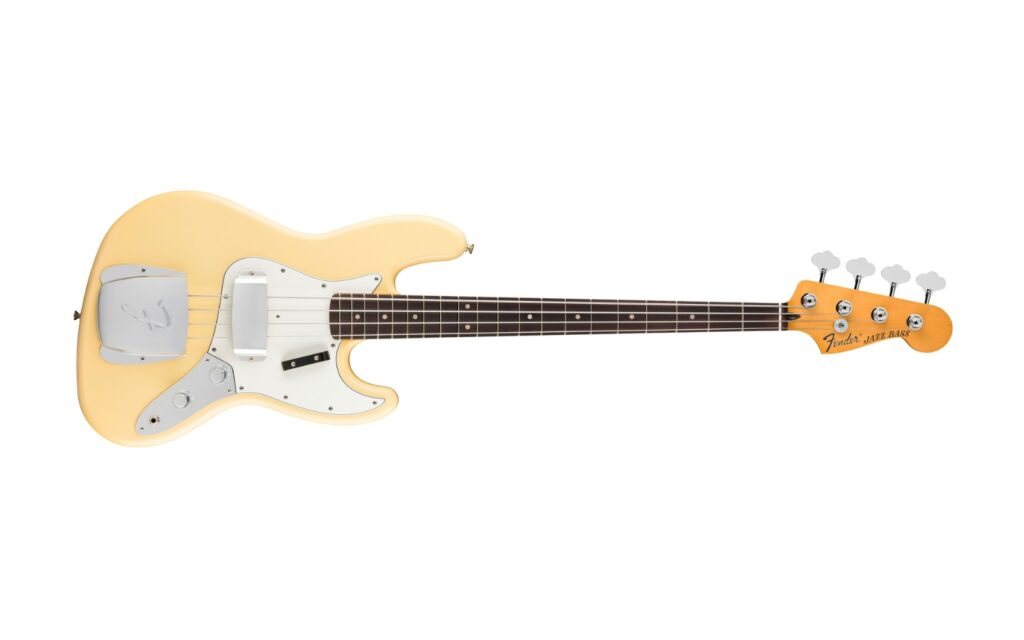CMC Music | RRP $2,795
A mate dropped round to have a play, just as I was unpacking the Faith guitar from its metallic blue case. The case is a little light weight, but has five clasps to indicate its seriousness. “Fancy,” he said, as the red plush interior revealed a spruce top and neat appointments.
Faith Guitars is homed in the UK and their key man is British luthier Patrick James Eggle. Eggle has his own line of high end guitars but stopped his acoustic production to concentrate on electrics. This new PJE Legacy series is a reissue and revamping of an earlier Faith line based on older Eggle designs. In the series are the Mars drop-shoulder dreadnought, the Neptune baby-jumbo and the guitar under review, the Earth orchestra-model based on Eggle’s Linville.
Read more product reviews here.
So what is going to separate a high-end-of-the-mid-priced guitar market, such as the Earth, from the seemingly hundreds of well-made cheaper guitars on the market or boutique-scale offerings like Eggle’s own? Four things: design, woods, build, and marketing.
Faith guitars are made in Indonesia. More companies with reputations for excellent guitars are building their budget lines in Indonesia, PRS for one, and Faith guitars are workshopped, rather than rolled off production lines.
Acoustic guitar players tend to be a little conservative and the classics remain popular, partly for sound, partly for looks. The Earth has some classic woods: spruce top and rosewood back and sides, and has OM specs.
The Canadian Sitka spruce top has been subject to a torrefaction or kiln-ageing process which gives the wood the cellular structure of old, mature timbers like the vintage guitars we so admire. Essentially, the topwood is air dried before being roasted in a kiln with precise controls over atmospheric and oxygen levels to reduce its moisture content. This produces a rich, mellow tone with a mature voicing that would take perhaps 20 years of regular playing to achieve under normal circumstances.
Over the last decade or so, builders at Bourgeois, Martin, Taylor, Yamaha, Collings, and others have used this process successfully. While some woods like rosewood become too brittle, a choice top wood like spruce becomes ‘older,’ more stable and prettier, and gives more vintage tones. Supporting the spruce top this Earth guitar has attractive, book-matched solid rosewood back and sides – no laminates here.
It also features very decorative flamed maple bindings, figured macassar ebony for the fingerboard (over a mahogany neck), bridge, and pickguard with a bone nut, saddle, and bridge pins. An abalone rosette and some mother-of-pearl on the headstock logo and a pretty quarter-moon low on the fretboard make up the other decorations. Ebony knobs on nickel Grover tuners combine utility with attractiveness. Construction is clean inside and nothing to be faulted outside. It looks immaculate with its high-gloss body finish.
Eggle’s original Linville OM design had some modifications to the Martin OM/000 blueprint which have passed through to the Faith Earth. He added an interesting bolt-on neck and his own bracing ideas. While this guitar is a fraction larger than the classic Martin OM, it shares other key features, such as the wide neck and the longer scale (650mm) which should make it an excellent finger-style player. Players more used to Gibsons might still gravitate to a shorter scale length, but there are plenty of finger-pickers who swear by the longer scale, even with a smaller body shape like a 00 rather than an OM/000.
And it sure proved its finger-style worth. The neck is an absolute beauty, just wide enough with good depth along its length to feel really comfortable and the low fret profile makes for easy movement, as does the satin finish and the cutaway’s high-fret access.
While it has a firm bass and nice trebles, the mid-range is this guitar’s main character. Strumming and single picked lines work well, but it feels like finger-picking is its real strength, with good note definition and sustain.
Amplification is via a Fishman Flex Blend system, using a piezo under-saddle pickup and a condenser mic. Three knobs control volume, EQ, pick-up and mic blend, phase control, and a tuner that mutes when turned on. The lack of on-face fretboard markers might be a problem for guitar teachers wanting to demonstrate fret positions for students, though the austerity was a nice contrast to the more flamboyant decoration.
So, let’s add up the earlier propositions: design? Eggle’s Linville OM had excellent reviews on release and provides an original, proven blueprint. Woods? A classic Martin OM would feature European spruce and Indian rosewood. Towards the other end of the market you’ll rarely find the quality woods that make the Faith and even more rarely, solid woods throughout. What other woods from Indonesia might find their way into guitars in a sustainable fashion in the future? They have used trembesi in at least one model, while Maton and Cole Clark have produced wonderful guitars with Australian sustainable and reclaimed timbers. The Faith company has signed up to the Just One Tree initiative to plant a tree for every guitar sold, so it must be part of their thinking.
Construction clearly operates with high standards of quality control and as for marketing, the Legacy series is a great idea, putting the big reputation of Patrick James Eggle on the line on a range of classic-style guitars with lovely appointments. Faith have consistently won awards in the UK for their punching-above-their-weight value.
Head to Faith for more information. For local enquiries, reach out to CMC Music.
